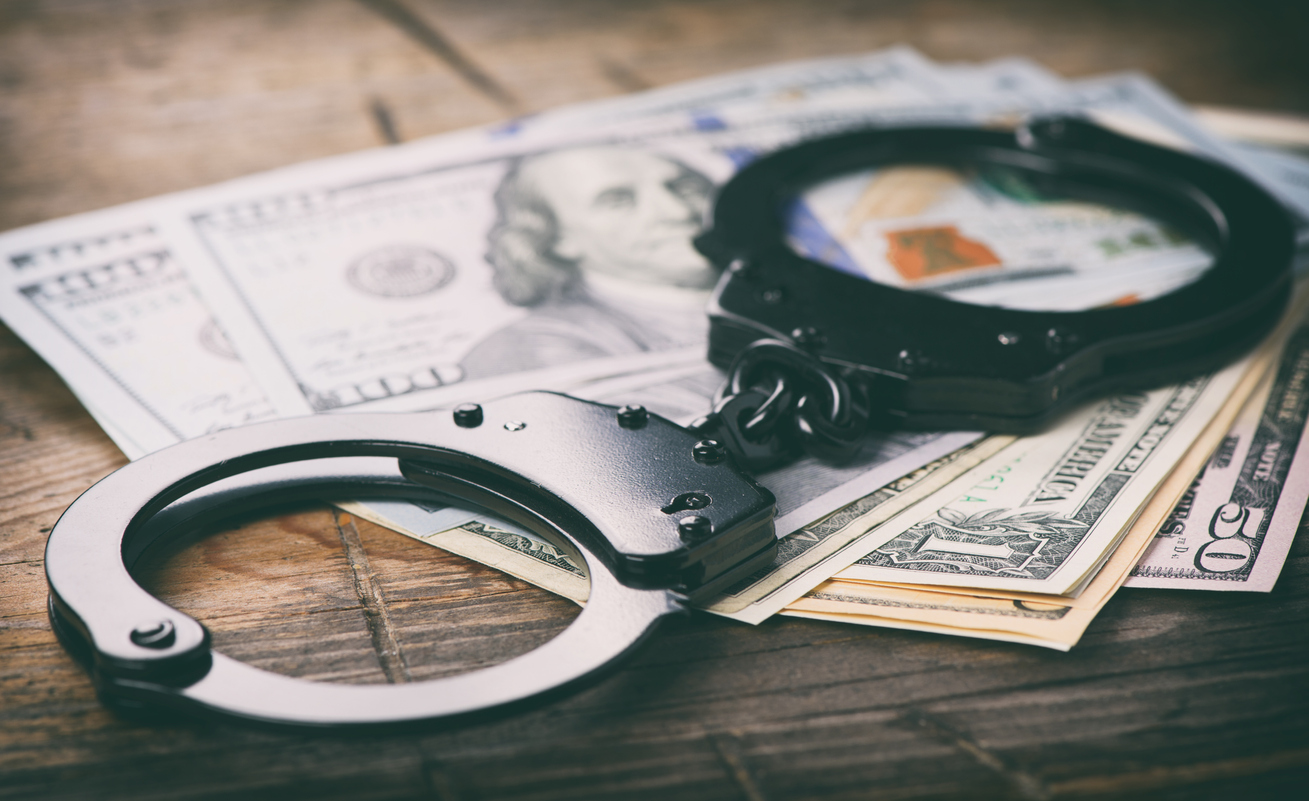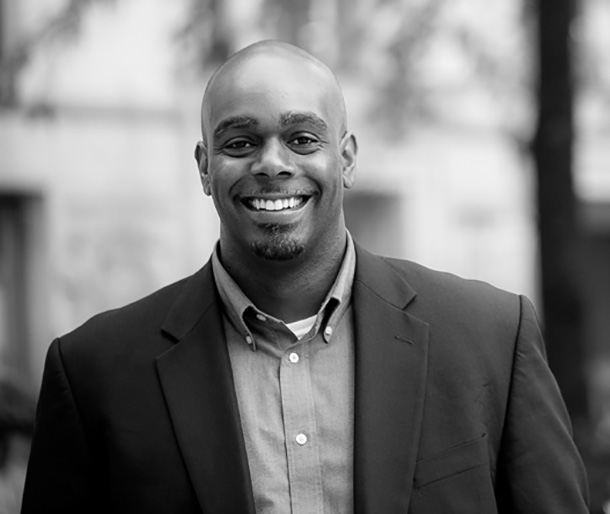One of the discussion points surrounding this year’s election has centered around who gets to vote and how. This has brought attention to the barriers in place for people with a criminal record. An estimated 5.2 million people are barred from voting because of a felony conviction, impacting a disproportionate number of Black Americans. As a result, over 6% of Black adults in the U.S. are unable to vote because of their record, a rate nearly four times greater than their non-Black counterparts.
Unfortunately, voting restrictions are only one of many barriers that can prevent formerly incarcerated people from rejoining their communities fully. There are more than 44,000 federal, state, and local restrictions that block access to public benefits, employment opportunities, and other crucial services that returning citizens need to establish stability and build their financial health. These barriers can make it nearly impossible for formerly incarcerated people to establish a foothold as they seek to restart their lives. And without that foothold, these individuals are at risk of returning to prison, inflicting distress on their families and great cost to the larger public.
Consider the following hurdles that can make it extremely difficult for formerly incarcerated people to build a path toward financial health:
- Outstanding financial obligations can be crippling: The financial pressures begin the moment an incarcerated person returns home. On average, people leave prison with more than $13,000 in criminal justice debt, made up of unpaid fines and fees owed to the courts and prison systems. People released under court supervision must also pay expenses to fulfill the terms of their release, such as monthly fees for ankle bracelet monitoring devices or mandatory anger management classes. Keeping up with these payments can be stressful, and the consequences of falling behind can make matters worse. For example, 43 states use drivers’ license suspensions to punish those that fail to pay fines and fees. Ironically, these restrictions can prohibit people from legally driving to work – their primary means of earning money to catch up on past-due payments.
- The employment paradox: Employment is often a major priority for formerly incarcerated people, as a good job can provide the type of income and stability they need to get back on track. Unfortunately, jobs are hard to come by and often don’t pay much. Nearly half of formerly incarcerated people had no reported earnings in the year after their release; only 20% of those with jobs reported annual earnings above $15,000. Formerly incarcerated people face a number of barriers to finding work, including an irregular work history that doesn’t fit a job posting, court requirements and restrictions that make it challenging to stay on the job, and a system of unregulated background checks that enable employer discrimination.
- Difficult access to credit and other benefits: It is difficult for formerly incarcerated people to access public benefits to help them get by or credit to get ahead. For example, Supplemental Nutrition Assistance Program (SNAP) benefits can support formerly incarcerated people reintegrate by helping them and their families avoid food insecurity. In 28 states, however, restrictions are placed on people’s eligibility for SNAP benefits if they were convicted of drug-related charges. Going beyond basic needs, formerly incarcerated people are less likely to have mortgages or auto loans and have an average credit score 50 points below non-incarcerated people.
Without the ability to gain financial stability and pursue opportunity, formerly incarcerated people face major challenges to re-entry and run the risk of recidivism. Returning to prison can be devastating for an individual and their family. Society, too, pays a terrible opportunity cost when people who come home can’t re-establish their lives outside of prison. Given the opportunity to gain financial stability, formerly incarcerated people can and do start businesses, support their families, and contribute to their communities.
As we approach Election Day, we’re directed to think about our power to impact the future of our nation. Let’s also use this moment to consider how we can use our power – as employers, financial services providers, and advocates – to give formerly incarcerated people the same sense of power to impact their own lives.
As our team at the Financial Health Network continues to better understand the intersection between the criminal justice system and financial health, we want to collaborate with our network and other leading organizations to bring about solutions that can help returning citizens be successful in making their way back home.
If you’d like to connect to share insights or explore collaborations on financial health solutions for formerly incarcerated people, please reach out to Josh Sledge at jsledge@finhealthnetwork.org.

